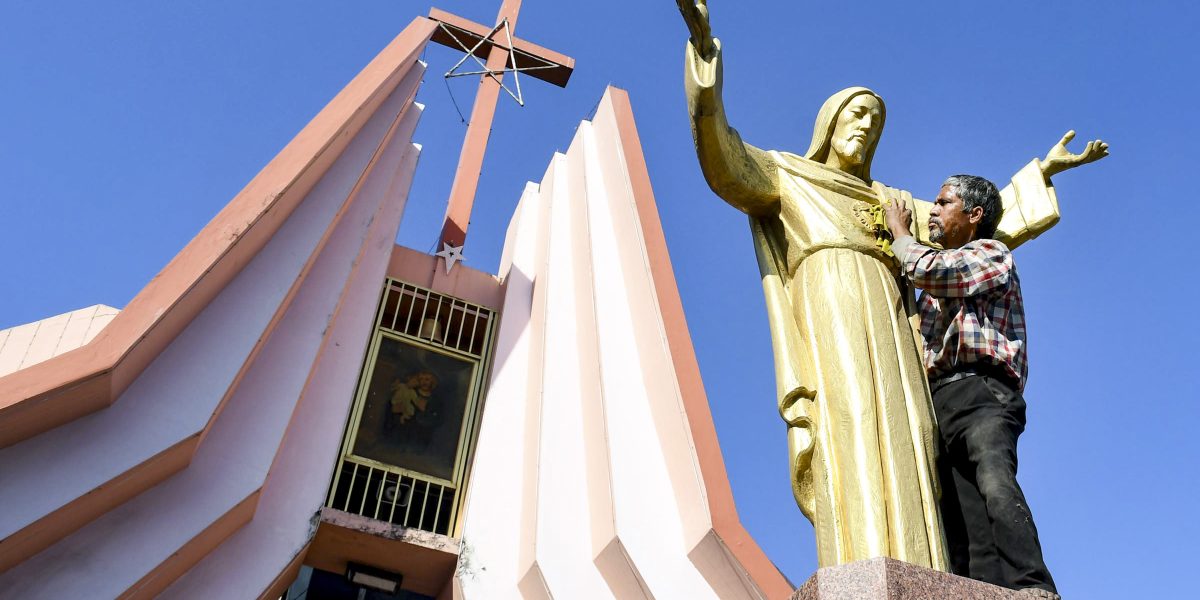
By Saurav Das
Imagine this. Everyone around you is very angry with the government for passing a new law. Your family, friends, and many others are upset and you feel the same way. So, you decide to maybe organise or join a local protest camp.
Soon you find yourself attending meetings to plan the protests better. You discuss ideas and interact with hundreds of people and sometimes, some may suggest little violent ideas, but you always say no. You want the protest to be peaceful and orderly.
But one day, things go wrong. The protest turns violent, into a riot. You take shelter for the time being but days later, when riots are over, the police knock on your door and say you’re a “terrorist” for conspiring with others to cause the riots. You’re shocked and scared! They put you in jail but you are hopeful that the courts will come to your rescue. The truth is on your side, right? But time passes by, days turn to weeks, months, years. The trial in your case is nowhere in sight. Worse, courts don’t even give you bail. It feels like a never-ending nightmare.
What may be simply a figment of imagination to you is the lived reality of some of the many accused persons in the 2020 Delhi riots ‘larger conspiracy’ case.
This story was originally published in thewire.in. Read the full story here.





